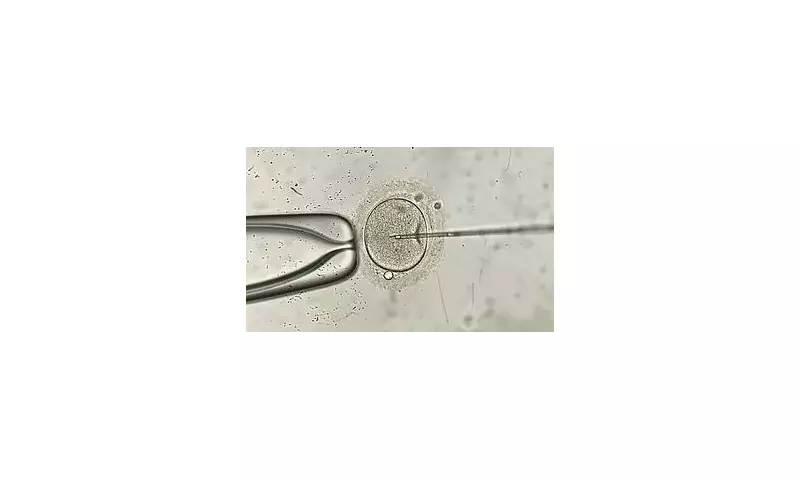
Britain is facing a growing fertility crisis as increasing numbers of women delaying motherhood are discovering they need donor eggs to conceive, according to leading reproductive experts. The stark warning comes as IVF clinics across the UK report soaring demand for donor eggs that far outstrips supply.
The Biological Clock Reality Check
Fertility specialists are witnessing a dramatic shift in patient demographics, with more women in their late 30s and 40s seeking treatment after putting careers and relationships before starting families. The harsh biological truth is that egg quality and quantity significantly decline after age 35, leaving many with no option but to turn to donors.
Why the System is Struggling to Cope
The UK's fertility infrastructure is being stretched to breaking point by this demographic trend. Several critical factors are contributing to the crisis:
- Rising maternal age across all socioeconomic groups
- Limited supply of altruistic egg donors
- Complex ethical regulations governing donation
- Postcode lottery in NHS fertility funding
- Increasing awareness of fertility preservation options
The Emotional and Financial Toll
For thousands of British couples, the journey to parenthood has become an emotionally draining and financially devastating experience. Many face waiting lists of two years or more for donor eggs, while private treatment can cost upwards of £10,000 per cycle with no guarantee of success.
What Women Need to Know Now
Fertility experts are urging women to become better informed about their reproductive health earlier in life. Key considerations include:
- Understanding your ovarian reserve through AMH testing
- Considering egg freezing before age 35 if delaying motherhood
- Researching fertility clinic success rates for your age group
- Exploring all options, including known donation arrangements
The message from reproductive specialists is clear: while society has made strides in gender equality and career opportunities, biology hasn't kept pace with social change. As one leading consultant noted, "The window of optimal fertility remains stubbornly biological, not social."





